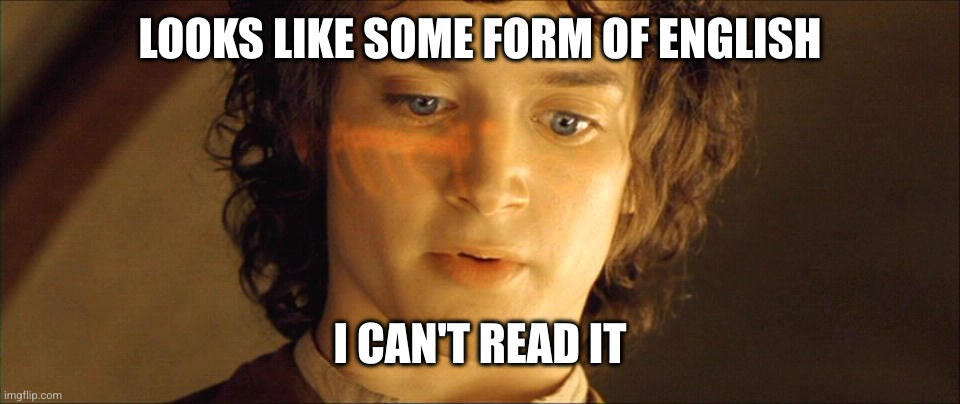this post was submitted on 16 Jul 2024
432 points (100.0% liked)
196
17467 readers
1415 users here now
Be sure to follow the rule before you head out.
Rule: You must post before you leave.
Other rules
Behavior rules:
- No bigotry (transphobia, racism, etc…)
- No genocide denial
- No support for authoritarian behaviour (incl. Tankies)
- No namecalling
- Accounts from lemmygrad.ml, threads.net, or hexbear.net are held to higher standards
- Other things seen as cleary bad
Posting rules:
- No AI generated content (DALL-E etc…)
- No advertisements
- No gore / violence
- Mutual aid posts are not allowed
NSFW: NSFW content is permitted but it must be tagged and have content warnings. Anything that doesn't adhere to this will be removed. Content warnings should be added like: [penis], [explicit description of sex]. Non-sexualized breasts of any gender are not considered inappropriate and therefore do not need to be blurred/tagged.
If you have any questions, feel free to contact us on our matrix channel or email.
Other 196's:
founded 2 years ago
MODERATORS
you are viewing a single comment's thread
view the rest of the comments
view the rest of the comments

yeah, and as you can very obviously see it does not look like modern text, the average person would struggle to identify most letters.
My point is that using a text written in what is effectively a completely different writing system isn't a fair comparison, of course it's going to be impossible to understand when you can't tell what the letters are! That doesn't tell you anything about how different the actual language is.
Because it's not; that was the point. It's still English, but is unrecognizable as such. It literally looks like "some kind of elvish."
except the major difference is just that it uses funny letters, which you can do with any language and that doesn't mean the actual language itself is different!
You're effectively taking dutch, writing it in cyrillic script, and going "look at how different the languages are" when in fact dutch is generally easier to comprehend than a thick scottish dialect.
I never really understood at what point a language evolves enough to be an entirely new language.
Old English feels so far removed from even middle English, let alone modern English.
We have "new" and "old" to differentiate them, but with how many Latin words alone entered English between Old English and Modern English, It's something I've never found a comprehensive answer to.
I guess, what is it about proto-indo European that we acknowledge as a distinct language from the hundreds of thousands of languages that evolved from it, other than time scale and global impact.